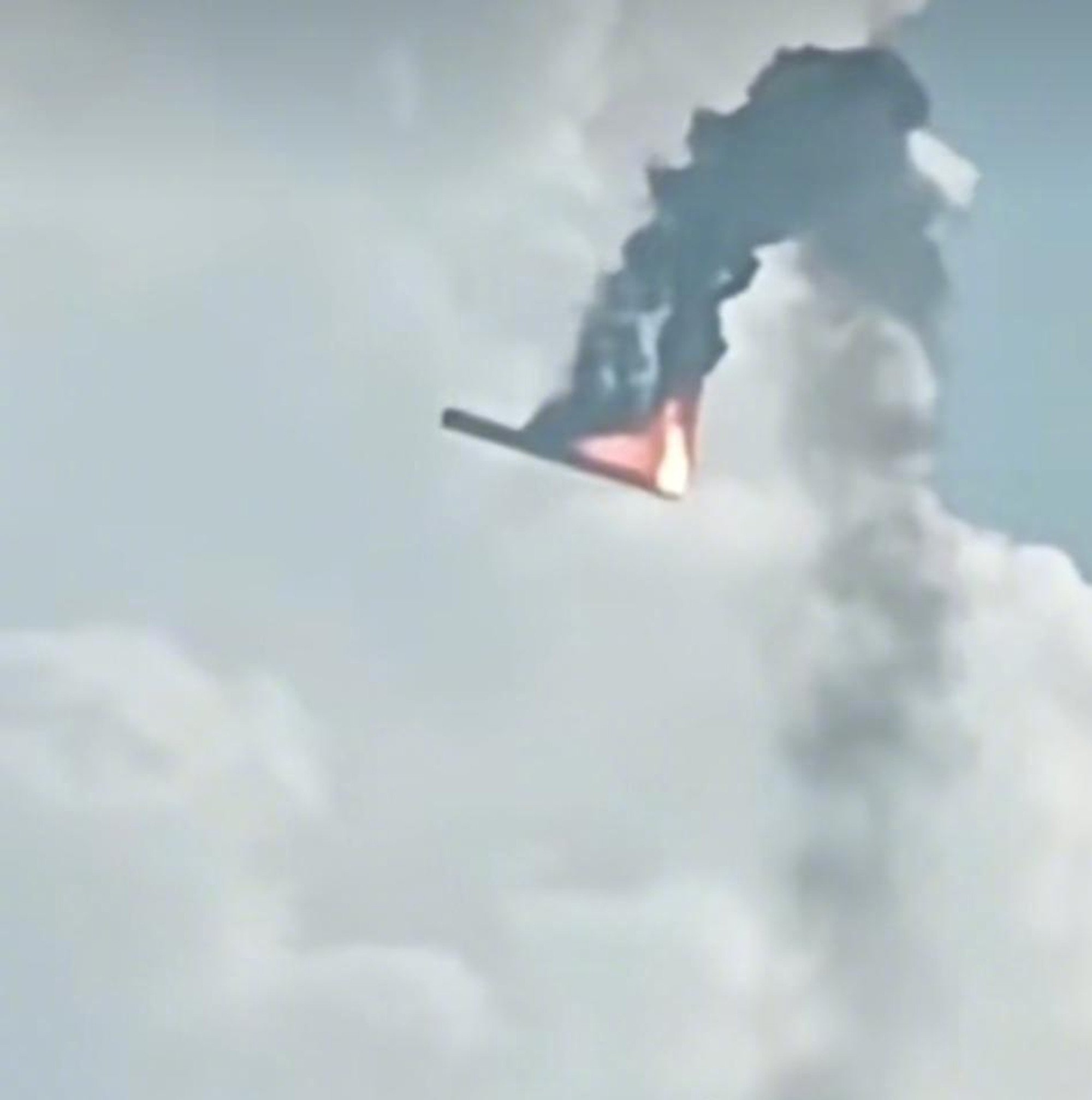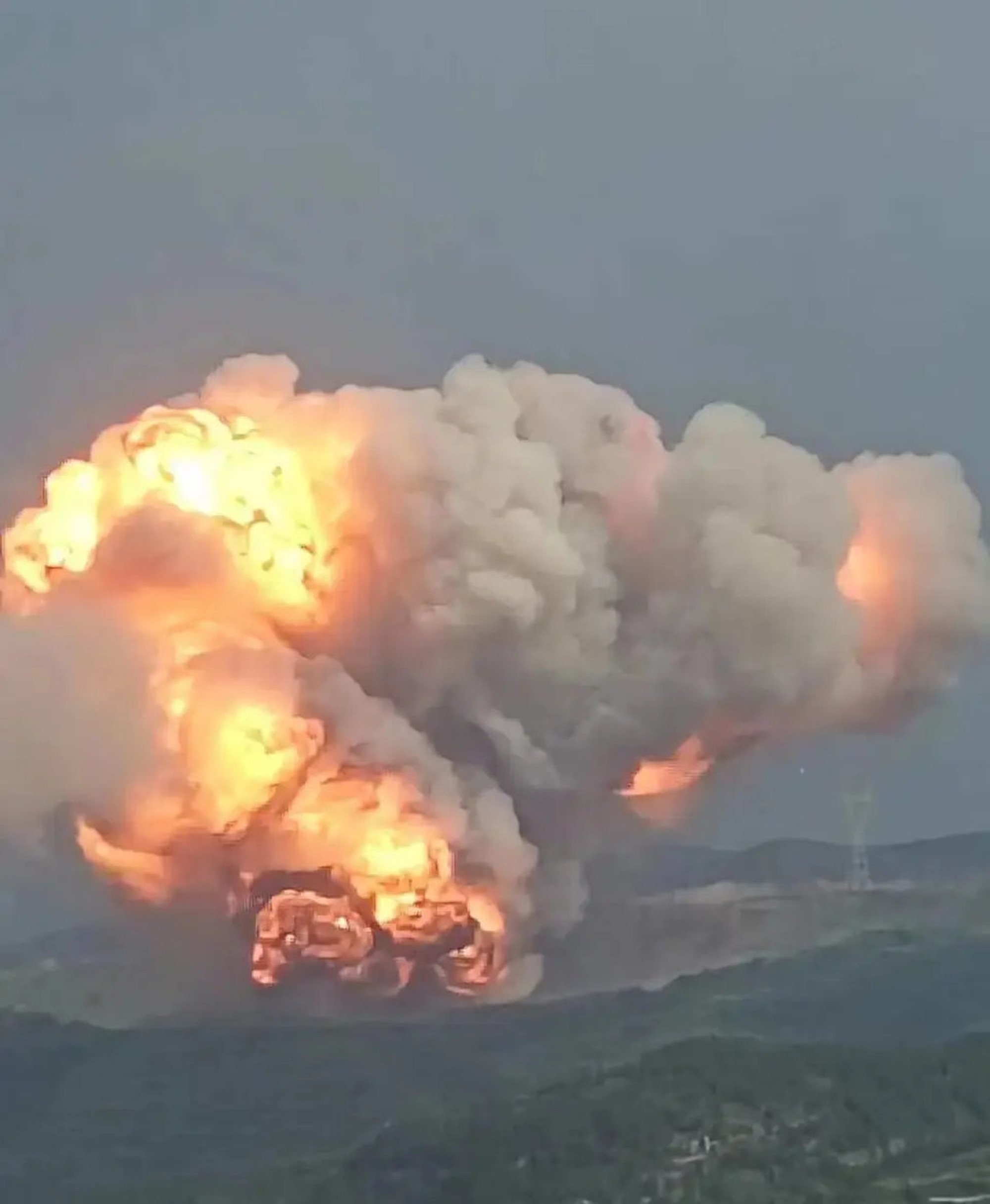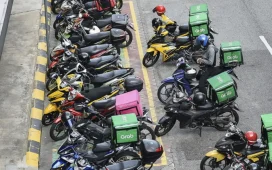Space Pioneer, also known as Beijing Tianbing Technology, said the Tianlong-3 rocket unexpectedly launched during a static-fire test at a facility in Gongyi county in Henan province.
The rocket’s nine engines were fired at 3.34pm before the rocket – the most powerful in the country – lifted off because of a “structural failure at the connection between the rocket body and the test platform”, the company said.
Residents in flats in the county-level city of Gongyi posted footage online showing the rocket climbing into the sky, leaving a trail of thick smoke before falling back to the ground on its side.

“After lift-off, the computer on board the rocket automatically shut down, and the rocket fell into hills 1½km southwest of the test platform and disintegrated,” Space Pioneer said on WeChat.
Space Pioneer said the test site was far away from the city.
“Before the test, we worked with the local government to improve safety measures and organised the evacuation of people in surrounding areas in advance. After investigations, there were no casualties,” it said.
Space Pioneer is one of a number of private aerospace companies that are developing medium-lift, reusable rockets to help China assemble its own satellite constellations comparable to SpaceX’s Starlink.

The company said the rocket generated a combined thrust of 820 tonnes during the test – surpassing the 400 or so tonnes of combined thrust of other Chinese reusable rockets.
The company had previously planned for the orbital launch of Tianlong-3 from southern China’s Hainan island in coming months.
Some space observers criticised Space Pioneer for “making a low-level mistake” and posing an imminent danger to residents.
“It was apparently not far from the densely populated area of Gongyi, and the rocket was out of control,” one Weibo user wrote. “However, the company did not even call it an accident in their statement. Instead, they were busy talking about the rocket parameters.”

But Cao Meng, vice-president of the satellite start-up Emposat, called for support for the private space industry.
Cao said on Weibo that he and his colleagues heard the news at around 4pm and had been “extremely anxious” until emergency officials announced there were no casualties.
“It’s been really hard for China’s commercial space sector to get to where it is today,” he wrote.
“Such an accident might affect the life and death of the entire industry. No one could remain calm.
“I ask everyone to be more tolerant and allow more time to let changes happen … We have been through so much, and there is no obstacle that we cannot overcome.”













